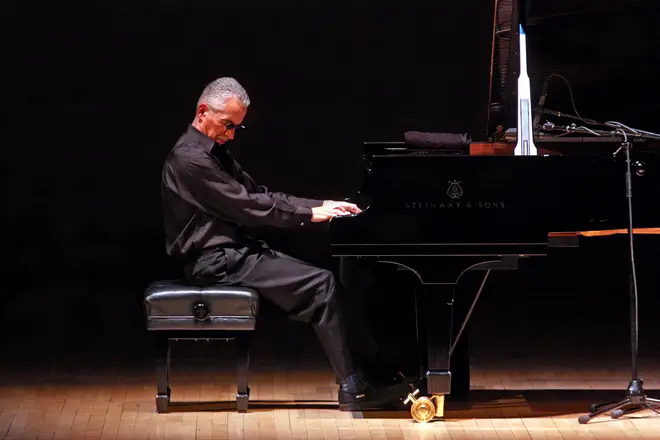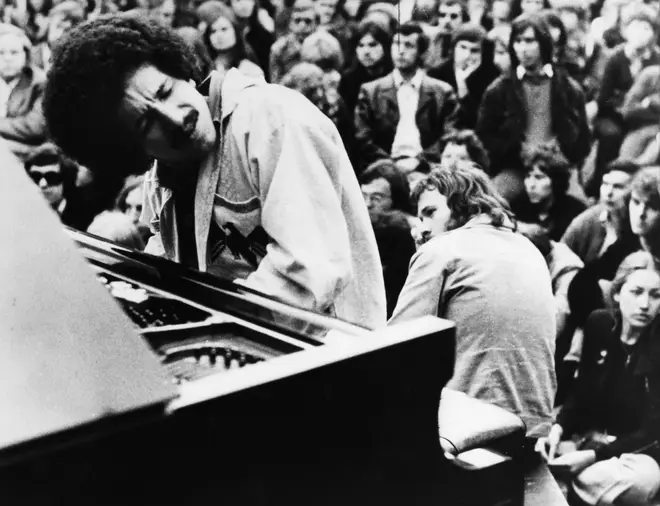On Air Now
The Classic FM Hall of Fame Hour 9am - 10am
21 October 2020, 15:36

In a New York Times interview, one of the great pianists of our time reveals the extent of a recent stroke and his doubts about ever playing again.
American pianist Keith Jarrett, who has shaped jazz and piano history over the past 50 years, has revealed he has lost the use of his left hand in two recent strokes, and doubts that he’ll ever play a concert again.
In a newly published interview with the newspaper, the 75 year old, whose output has spanned the worlds of jazz, fusion, improvisation and classical, said that he “no longer feels like a pianist”.
The revelation of his struggle will strike deep among the pianist's many devotees. In a career that has spanned over 50 years, Jarrett developed a cult following like few others, with particular dedication to his epic, solo improvised piano concerts. The Köln Concert from 1975 is listed as the best-selling piano album of all time, with sales of more than 3.5 million.
The New York Times reported that Jarrett, who had not performed in public for three years, suffered two strokes in 2018, followed by another one that May. It is unlikely he will ever perform in public again, they reported.
Jarrett spoke of the agony of losing the ability to play. “I was paralysed,” he said. “My left side is still partially paralysed. I'm able to try to walk with a cane, but it took a long time for that, took a year or more.”
“I don't know what my future is supposed to be,” he said. “I don't feel right now like I'm a pianist. That's all I can say about that.”
In what must be a profoundly devastating blow for any pianist, he revealed that he's not expected to recover use of his left hand. He says he has been able to play with his right hand alone.

As a pianist, Keith Jarrett crossed boundaries and pulled together threads of many genres. He began his jazz career playing with the likes of Art Blakey, Charles Lloyd and Miles Davis, before forming his own quartets in the 1970s, one American, the other with Jan Garbeck in a more European, austere style.
From the 1980s and beyond, Jarrett formed a trio with late double bassist Gary Peacock and drummer Jack DeJohnette, performing standards and improvisations, mostly in live concerts.
Jarrett also recorded music of the classical tradition, making acclaimed albums of Bach, Handel, Mozart and Shostakovich.
His solo concert improvisations tended to pull together all these threads. In remarkable feats of creativity and virtuosity, he could freely improvise in rhapsodies that would flow from improvised counterpoint in the style of Bach, though atonal free-jazz passages, sonata-like development to rich country-infused ballads and back again.
Jarrett's style at the piano was often as iconic as his improvisations themselves. He would hum and sing as he played and move and contort his body, often hovering beyond his piano stool, crouched at the piano.

Keith Jarrett - Over the Rainbow (Tokyo 1984) [Restored]
The two strokes in recent years are not the first time Jarrett's music-making has been impacted by health. In the 1990s, he was diagnosed with chronic fatigue syndrome and was unable to leave his home. An album, The Melody at Night, with You, recorded at home during his recovery remains one of his most beautiful creations.
An incredible pianist, we wish him well for his recovery and hope that music, in full or in part, can one day return.